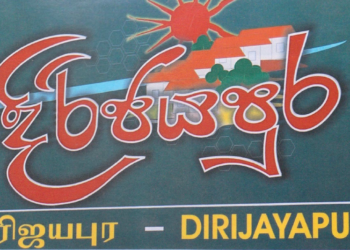I’m honored to be here today as the Administra- tion’s nominee for Assistant Secretary of State for South and Central Asian Affairs. I am grateful for the confidence President Bush and Secretary Rice have placed in me, and I am privileged to a ppear before this Committee again. Mr Chairman, Secretary Rice has made it a priority to transform the Department’s structure and resources to best meet the challenges we face in the world. I am pleased to be taking on, if confirmed, an expanded and newly improved Bureau that includes for the first time both South Asia and Central Asia. Turning policy into results is as challenging in South and Central Asia as in any other part of the world. It is a challenge I look forward to tackling with the advice and counsel of this Committee, if confirmed. Many of the world’s most difficult threats are found in this region: narcotics, terrorism, corruption, weapons proliferation, HIV/AIDS, failing institutions, ethnic strife, stunted economies and natural disasters. But, the people of this region also enjoy tremendous potential, in each of the countries individually as well as through regional cooperation in energy, education, transportation and trade. There is a generation of young people across the region with unprecedented dreams and, if given the chance to use their talents productively, they can create enormous benefits for themselves and for others around the world. South and Central Asia is home to expanding populations and rising economies that are beginning to shift the balance of global power. Fighting and strife exist elsewhere in this region as well. In Sri Lanka, we can now look forward to ceasefire talks in Geneva next week. Our diplomats, including those at our Embassy in Colombo, will continue our work to bring resolution to this violent struggle. Central Asian nations are dealing with similar challenges of fighting terror, building sustainable growth and meeting the demands of their people for economic and political opportunity. Some leaders, such as those in Turkmenistan and Uzbekistan, have responded negatively and we must manage our relationships accordingly. Mr Chairman, addressing the obstacles to peace, freedom and prosperity in South and Central Asia is an ambitious agenda for the United States. We welcome, of course, the contributions of the Congress – whether you’re advising us here in Washington or getting out on the road to see US efforts firsthand. If confirmed, I hope to collaborate closely with this Committee and look forward to your support and guidance as we pursue modernization and democratic stability in this pivotally-important part of the world.”





